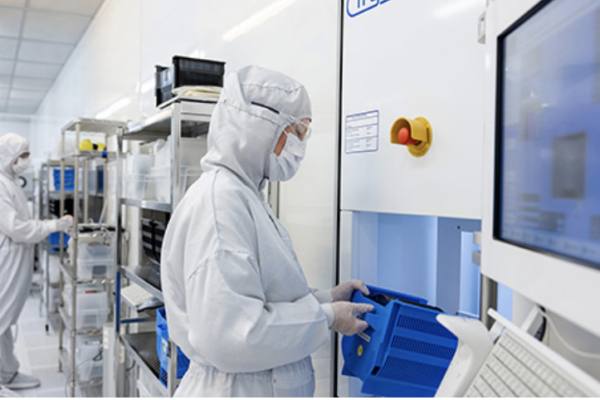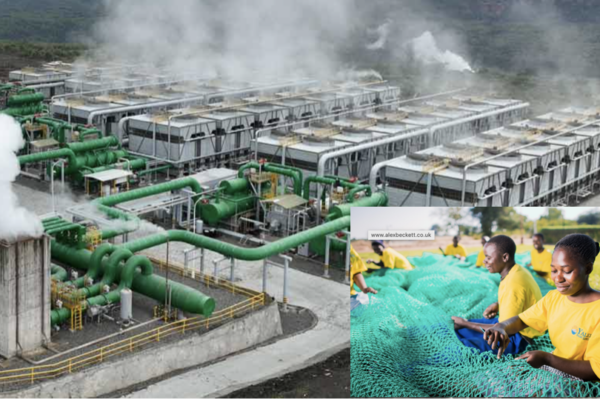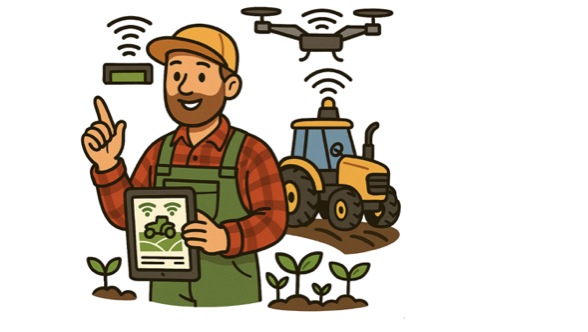A leading pioneer in the seafood industry since 1899, Lerøy Seafood Group, stands at the forefront of sustainable aquaculture. With a rich history and a robust presence in over 14 countries, the company has consistently demonstrated its ability to adapt and thrive in the ever-evolving global market. As we look towards the future, Lerøy Seafood Group is poised to continue its trajectory of growth and innovation.
In 2022, the company made significant strides in developing new products and expanding into new markets, all while enhancing its sustainability measures. This commitment to environmental stewardship is evident in its adoption of seven of the United Nations’ Sustainability Goals, with a particular focus on Zero Hunger, Good Health and Well-Being, Responsible Consumption and Production, and Climate Action.
A key part of their sustainable vision is the Ocean Forest project, a collaborative effort with the Bellona Foundation, a well-known Norwegian environmental organisation, aimed at revolutionizing seafood production and reducing the environmental footprint of aquaculture.
Ocean Forest’s vision is to significantly increase food production from the sea in a sustainable manner by harvesting species lower in the food chain. This approach not only generates substantial volumes of raw materials for human consumption, animal feed, and clean energy but also contributes to a considerable absorption of CO2. By focusing on low-trophic species such as algae, mussels, and bottom fauna, Ocean Forest aims to utilize excess nutrients from aquaculture and convert them into harvestable biomass.
The project’s innovative practices include the cultivation of sugar kelp, which binds CO2 dissolved in the sea, and the production of blue mussel meal as a source of marine protein in feed. These initiatives not only align with Lerøy’s sustainability goals but also offer new growth opportunities.
The future of Lerøy Seafood Group is intricately tied to its response to the ongoing debate about rent resource tax in Norway. The company’s CEO, Henning Beltestad, has expressed concerns over the potential impact of this tax on the aquaculture sector. Despite these challenges, Lerøy remains committed to its employees and suppliers, with a significant economic footprint across Norway.
Investments in new technology and human capital have been pivotal in building an integrated value chain that meets customer needs and drives demand for salmon. The company’s efforts in food safety, fish welfare, and reducing its energy footprint are commendable and set a benchmark for the industry.
Looking ahead, Lerøy Seafood Group is likely to continue its focus on innovation and sustainability. The company’s work with climate is bearing fruit, as seen in its increasing production of kelp and mussel meal and the successful harvesting of kelp. These initiatives not only contribute to the company’s sustainability goals but also offer new avenues for growth.
As the world grapples with climate change and food security, Lerøy Seafood Group’s commitment to sustainable food production positions it as a key player in the future of global seafood supply. With a clear vision, the company is well-equipped to navigate the challenges and opportunities that lie ahead.




